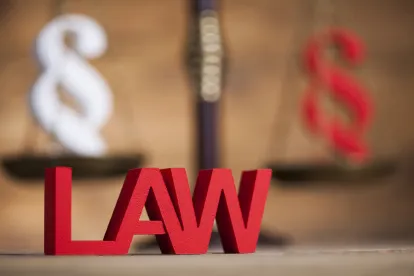The ESOP industry is paying close attention to a Tenth Circuit appeal that will address the deferral of corporate deductions for certain accrued expenses payable to ESOP-participating employees. This appeal, which pertains to an underlying tax court opinion, Petersen v. Commissioner of Internal Revenue (decided June 13, 2017), is critically important to certain ESOP-owned S corporations for tax planning and other purposes.
Internal Revenue Code (IRC) Section 267(a)(2) defers deductions for expenses paid by a taxpayer to a “related person” until the payments are includible in the related person’s gross income. IRC Section 267(c) sets out constructive ownership rules for purposes of determining if certain persons are “related persons.” Section 267(c) provides that stock owned, directly or indirectly, by a trust shall be considered as being owned proportionately by its shareholders. In Peterson v. Commissioner, the US Tax Court addressed whether an ESOP trust is a “trust” for purposes of IRC Section 267(c).
Petersen Inc. (Petersen) formed an ESOP in August 2001. From 2009 to 2010, Petersen accrued payroll and other expenses for ESOP-participating employees, but a portion of those expenses were unpaid as of the end of each year. Nevertheless, Petersen claimed the deductions, and the shareholders claimed flow-through deductions for the accrued but unpaid payroll expenses. The IRS disallowed these deductions, to the extent they were attributable to ESOP-participating employees under IRC Section 267 because Petersen and the ESOP-participating employees were considered “related persons.” The Petersen shareholders filed a petition with the US Tax Court.
After noting the term “trust” is not defined in IRC Section 267, and absent compelling legislative history, the court applied a broad definition for purposes of reviewing “trust” status of the ESOP trust. The Tax Court examined the ESOP’s formation documents and analyzed the participants’ rights and the trustee’s duties under the plan. Based on these materials, and given how ESOPs function within ERISA’s general statutory scheme, the court concluded that the ESOP trust was a “trust” for purposes of IRC Section 267(a)(2). Thus, under the court’s rationale, Petersen and other S corporations must defer deductions for expenses paid to their ESOP-participating employees until those expenses are includable in those employees’ gross income.
The Petersen shareholders appealed, sharply challenging the Tax Court’s application of IRS Section 267(a)(2) to ESOP trusts in a brief filed last month. In particular, the shareholders argue that Congress never intended for IRC Section 267 to apply to employee trusts such as ESOPs. We expect the Commissioner’s brief will be filed later this month.





 />i
/>i
